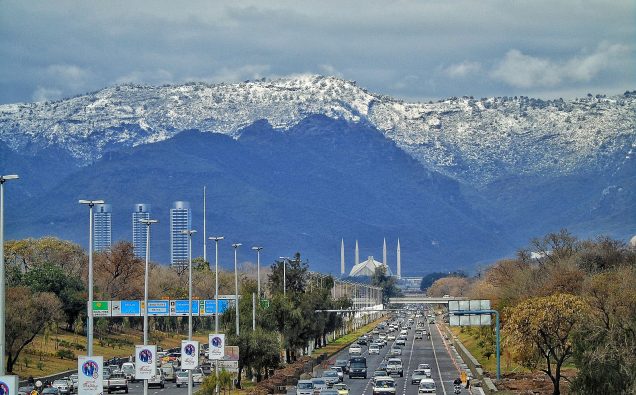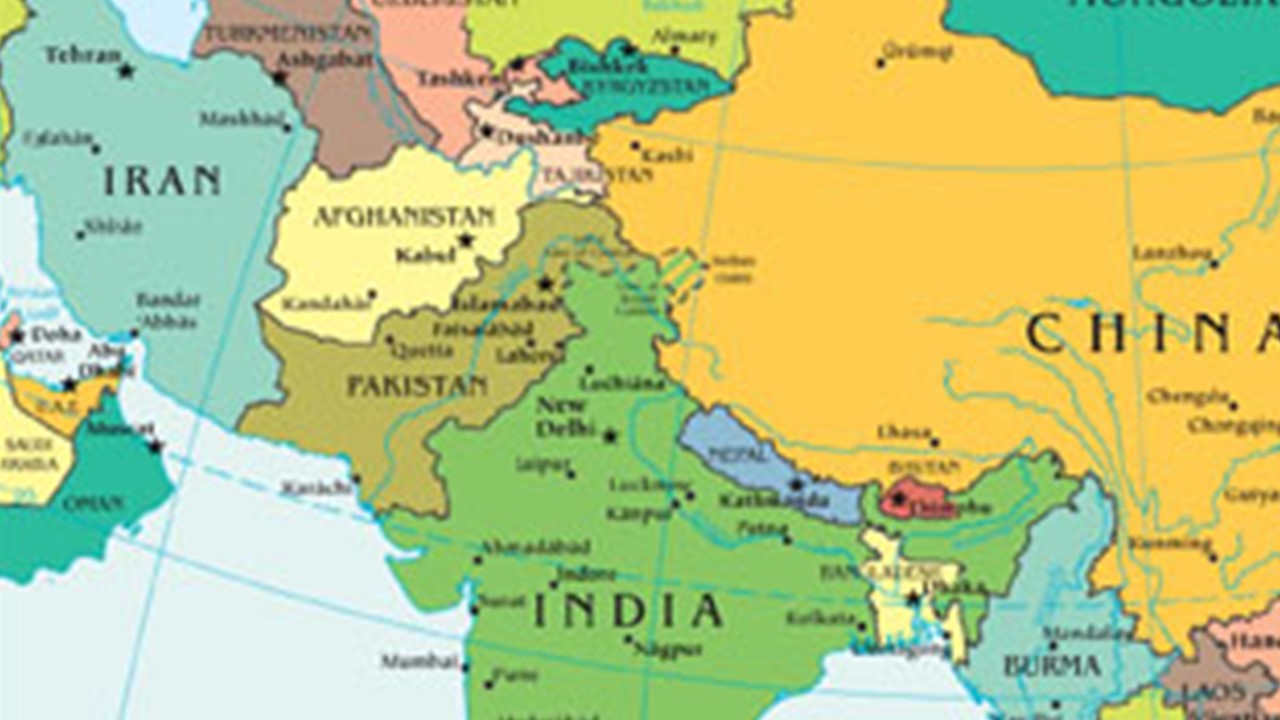
February 7, 2019
In a major shift from its West-centered foreign and economic policies, Islamabad has signed an inter-corporate agreement, under which a 1,500 km offshore gas pipeline costing $ 10 billion will transport Russian natural gas from the Middle East to Paistan and possibly to other South Asian countries including India.
Mobin Saulat, Managing Director of Inter-State Gas Systems (ISGS), a state-owned company with the mandate to build gas pipelines and gas import projects in the country, and Vitaly A Markelov of Russian Gazprom Gas Company inked this Inter Corporate Agreement in Islamabad.
Gazprom will carry out the feasibility study for the project that would follow an integrated approach, including other ancillary projects such as Under Ground Gas storage, desalination and other power projects.
Pakistan will import some 500 million to one billion cubic feet of gas per day from these Russian sources, which would be transported via sea link.
The pipeline construction is expected to be completed by the year 2023.
As per media reports, Russia holds massive gas deposits in Bahrain, Qatar and other Middle Eastern countries and had offered Pakistan and India gas exports by laying the offshore pipeline that would be passing through Gwadar.
A Russian delegation headed by Vitaly A. Markelov, Deputy Chairman of the Management committee, PJSC, ‘Gazprom’ International, visited the Petroleum Division in the capital, Islamabad and held a meeting with Petroleum Minister Ghulam Sarwar Khan and other government officials.
Pakistan’s Petroleum Minister Ghulam Sarwar Khan appreciated the expanding trajectory of bilateral relations between Russia and Pakistan.
Pakistan’s energy demand has been rapidly growing in the wake of China Pakistan Economic Corridor (CPEC) and the ongoing industrialization drive. It would meet its demands to a large extent through this project. Besides, it would place Pakistan on the world map as transit country for offshore gas pipelines.
The gas pipeline will give Moscow a long-sought avenue to Pakistani energy market. Pakistan has been experiencing gas crisis, particularly in winter when the demand shoots up.
Islamabad has been importing liquefied natural gas (LNG) from Qatar under a 15-year agreement.
Another project Turkmenistan-Afghanistan-Pakistan-India (TAPI) as pipeline has been around for several years and has also been designated by Pakistan for executing the pipeline project along with Russia’s energy giant Gazprom.
Pakistan has received attention from international investors in view of the gigantic China Pakistan Economic Corridor project that is often described as a game-changer for the region. Special Economic Zones under the CPEC are expected to step up industrialization for Pakistan’s over 200 million people.
Russia has nominated Public Joint Stock Company, Gazprom, for implementation of the project. Pakistan’s cabinet has permitted the company to conduct the feasibility study at its own cost and risk.
A $10 billion TAPI gas pipeline, which will connect South and Central Asia regions. has also been dubbed as a futuristic plan. Pakistan plans to start construction on the project in March 2019.
Besides being critical to Pakistan’s energy-deficient economy, the latest Pakistani-Russian agreement signals Islamabad’s openness in dealing with regional players even as it seeks to revamp its relations with the United States, hit by a spate of Afghan war controversies.
Pakistan’s geostrategic significance has long been known but in recent years it is the huge energy and transport infrastructure projects that promise to make the country a hub of regional energy pipelines and a center of future geopolitical interests.
No Comment






![By Umargondal (Own work) [CC BY-SA 4.0 (http://creativecommons.org/licenses/by-sa/4.0)], via Wikimedia Commons](https://www.viewsnews.net/wp-content/uploads/2016/11/Gwadar_port-1.jpg)












